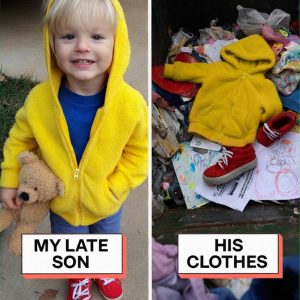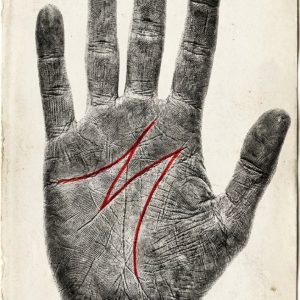Every struggle I faced seemed endless until a stranger walked into our lives, promising comfort and peace. But what happens when the line between trust and betrayal blurs? In one whirlwind moment, everything I thought I knew was shattered.
After my adoptive parents passed, life became an uphill battle. Raising my six-year-old daughter, Isla, in our small home was exhausting. I worked two jobs, yet the bills kept piling up. My only relative, Aunt Margaret, often dropped by with her usual criticism, reminding me of my failures more than my efforts. One night, surrounded by overdue notices, I made a desperate choice — I decided to rent out our spare room.
That’s when Delphine arrived — a soft-spoken woman in her sixties with kind eyes and a calming presence. She offered to help around the house and quickly became part of our little world. Isla adored her, calling her “Grandma Delphine.” But Margaret disapproved, warning me never to trust a stranger. One evening, I came home early and found Delphine in my room, rummaging through drawers. She claimed she was looking for aspirin, yet doubt took root.
Weeks later, when I left for a work trip, I got a frantic call from Margaret: “Come home. Something’s not right.” When I arrived, Margaret accused Delphine of stealing. Inside Delphine’s bag were my ring and Isla’s birth certificate. Heartbroken, I told her to leave. But the next morning, Isla asked, “Mom, why did you make Grandma leave? She said she’s my real granny.” My blood ran cold — and then Isla added, “Aunt Margaret hid your things in her bag.”
The truth unraveled fast. Delphine wasn’t a thief — she was my biological mother, searching for the daughter she lost long ago. Margaret had tried to keep us apart out of greed. When I reunited with Delphine, she wept and handed me a small bankbook she’d been saving for us. That day, I finally understood — family isn’t about who raises you or controls you. It’s about who chooses to love you, even after a lifetime apart.






